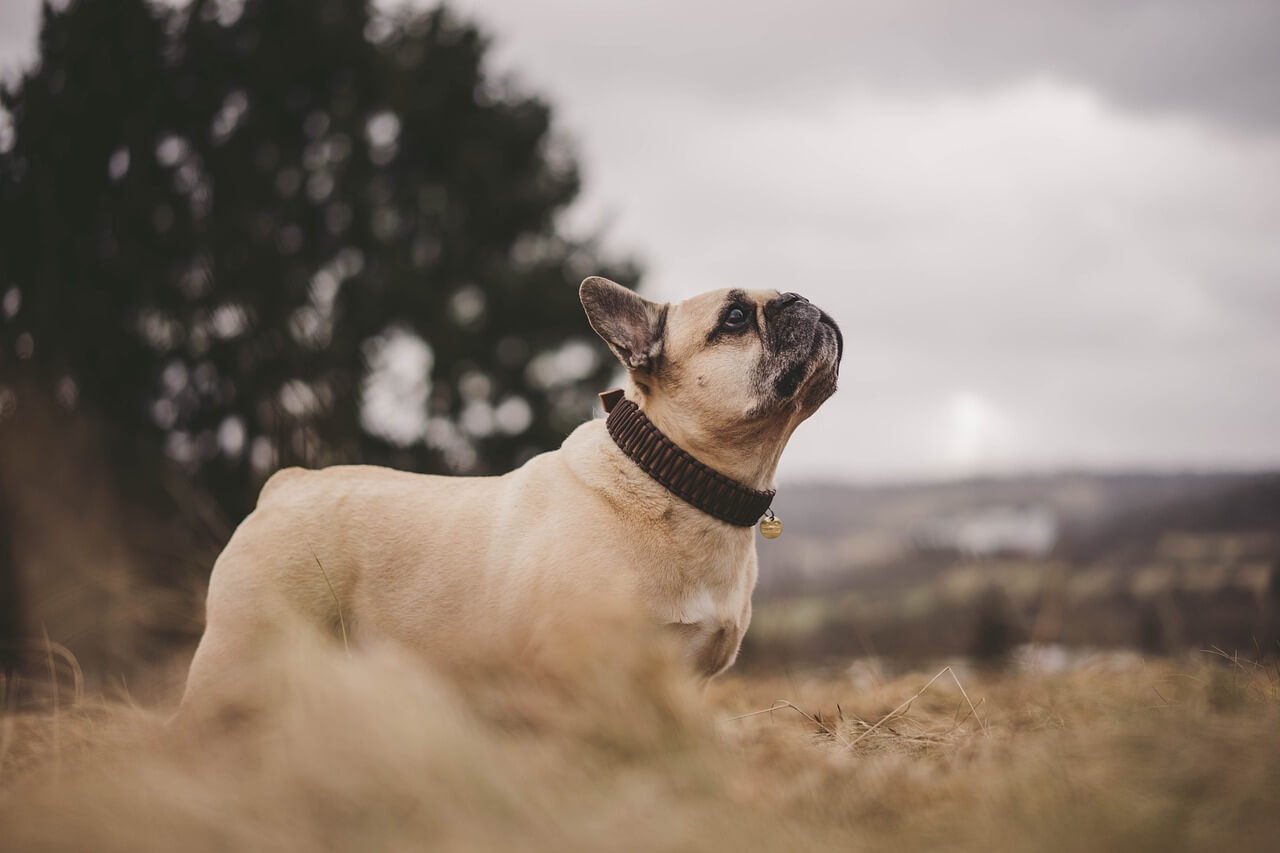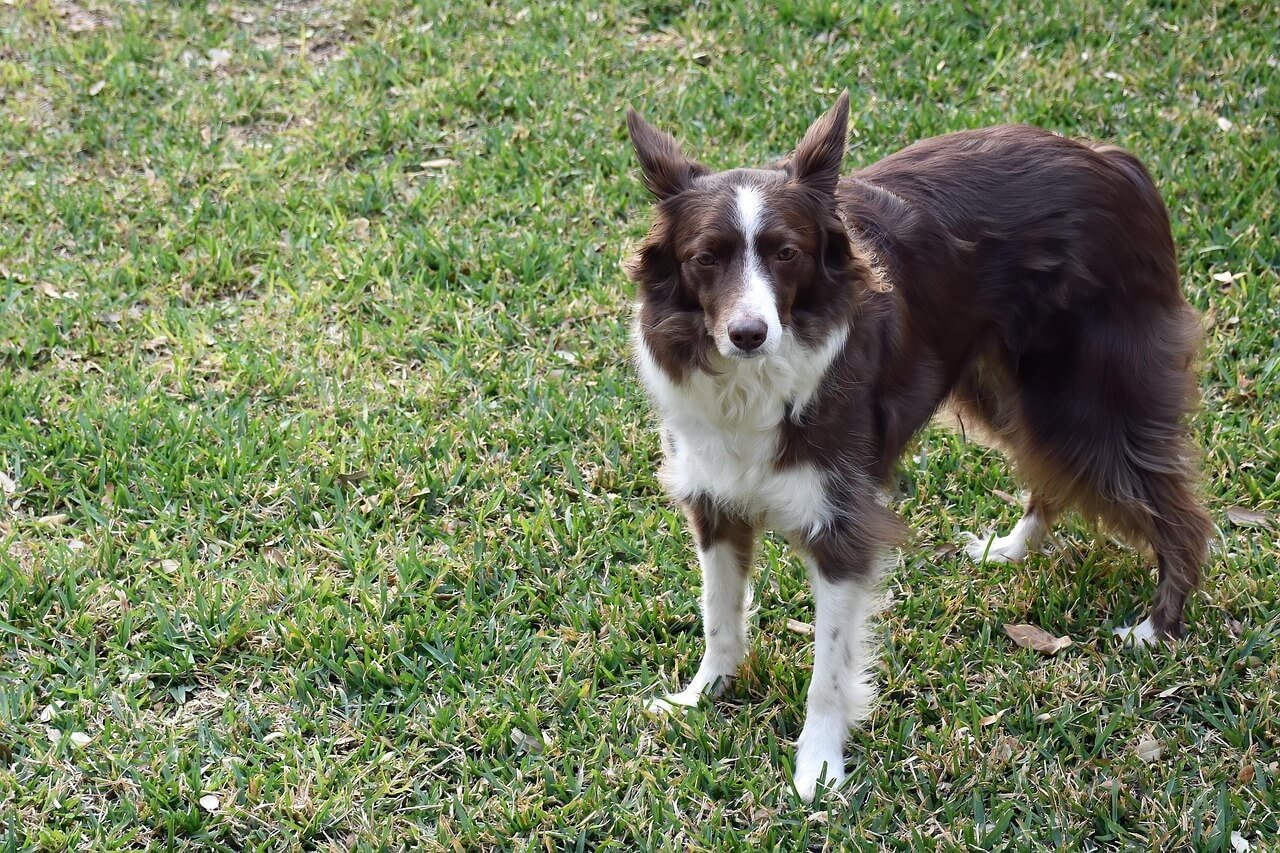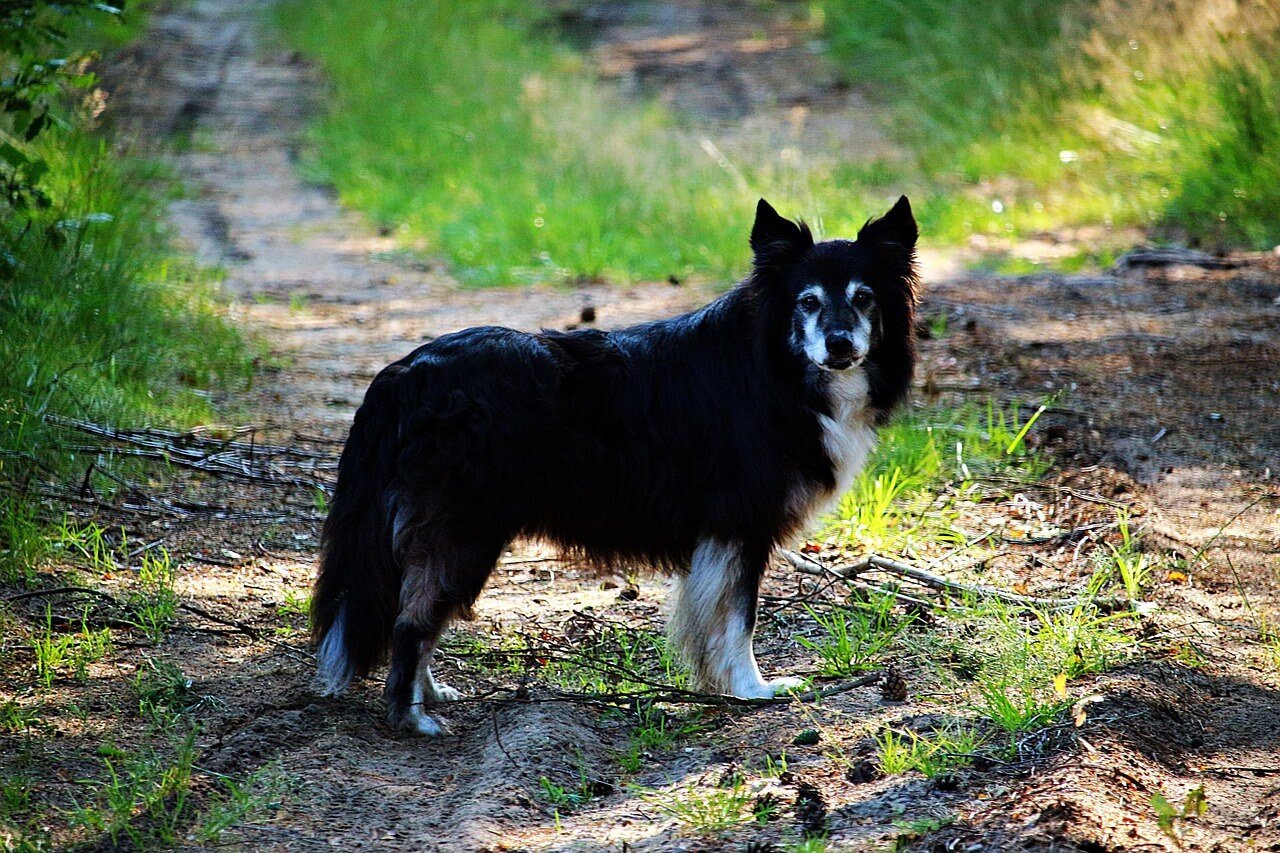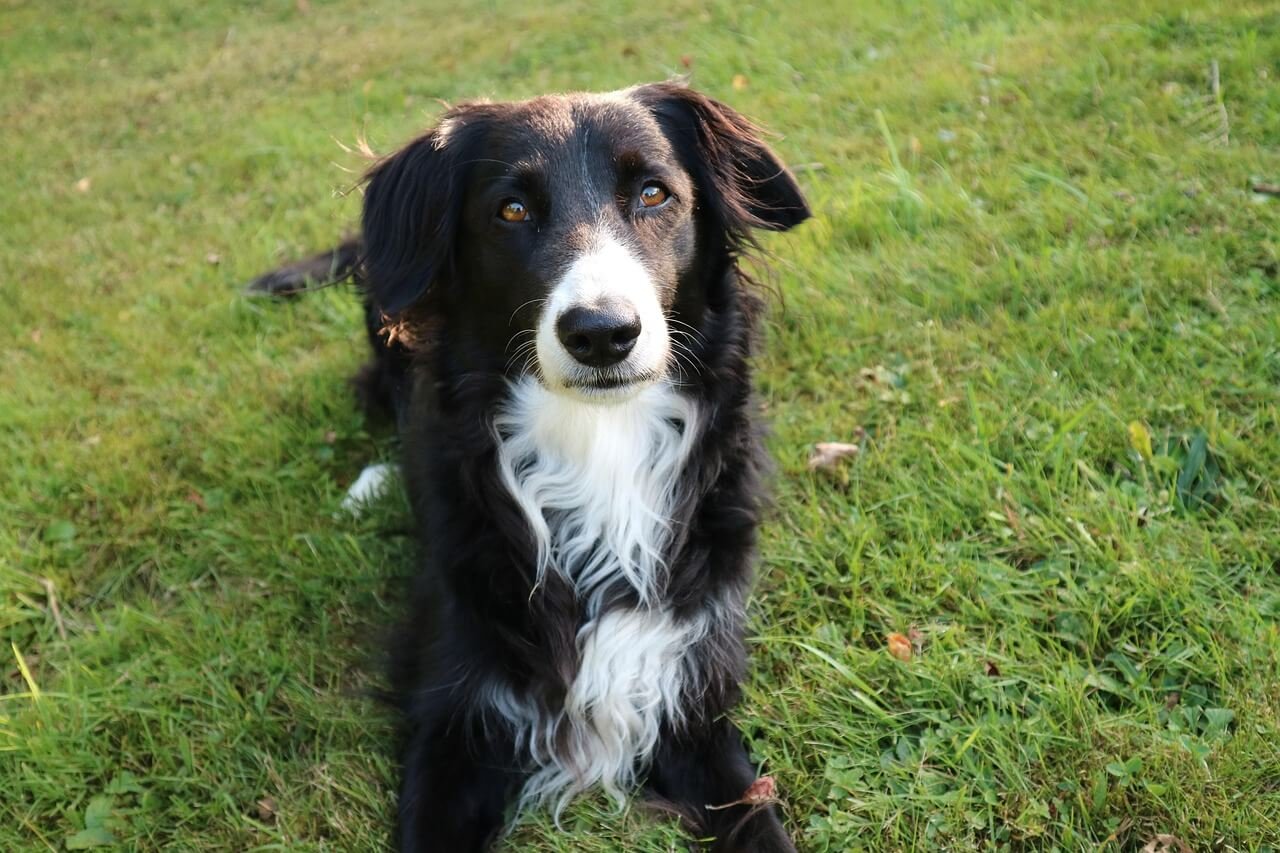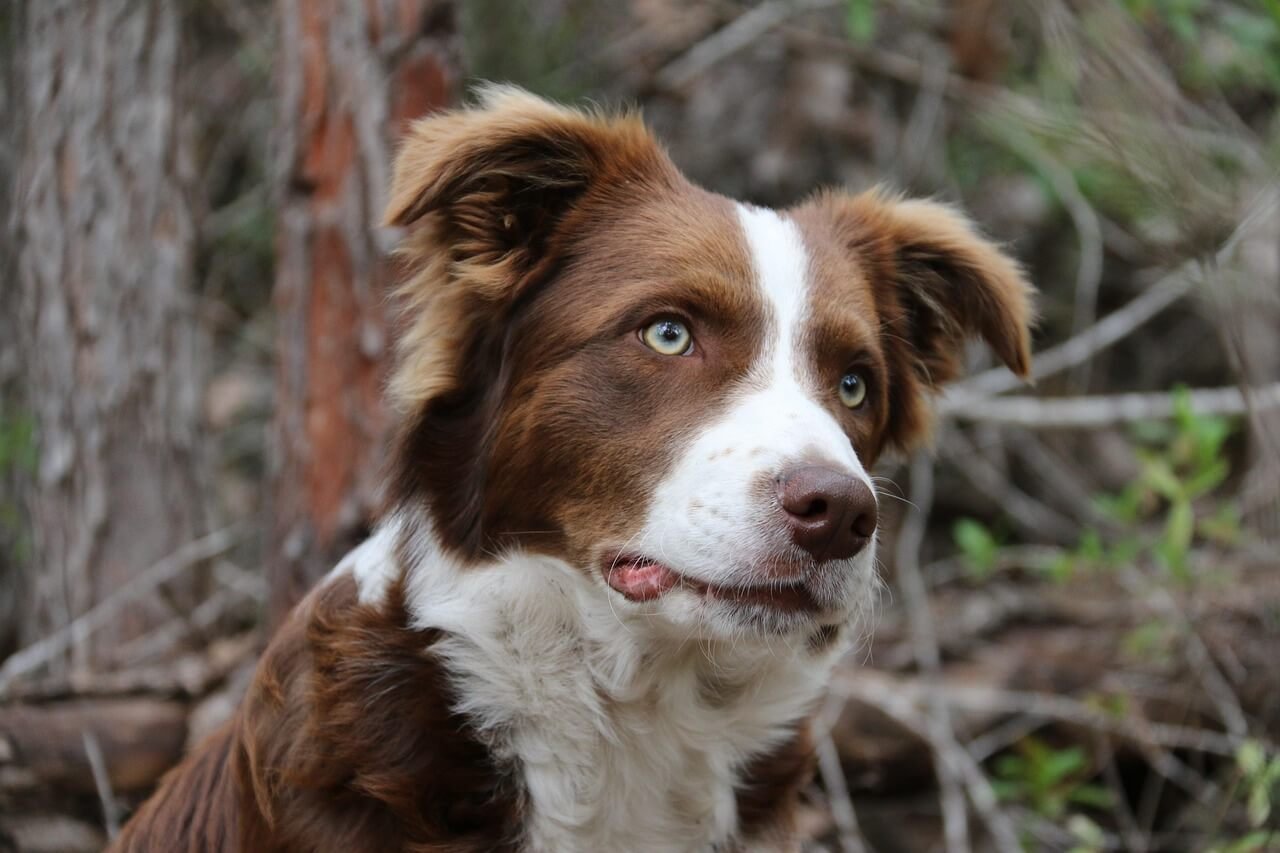What to Do If My Dog Ate Avocado: A Pet Owner’s Guide
Avocados are a popular superfood for humans, packed with healthy fats, vitamins, and nutrients. But what happens if your curious canine gets into the fruit bowl and munches on an avocado? While avocados aren’t highly toxic to dogs, they do contain a substance called persin, which can cause health issues in certain circumstances. As a responsible pet owner, it’s important to know how to react if your dog eats avocado, what risks to watch for, and how to keep your furry friend safe. In this blog post, we’ll walk you through everything you need to know about this situation, from immediate actions to long-term prevention.
Understanding the Risks of Avocado for Dogs
While avocados are not as dangerous as some other human foods, they still pose potential risks depending on the amount consumed and the part of the avocado ingested. Here’s what you need to know about the dangers:
The pit of the avocado is a choking hazard and can cause intestinal blockages if swallowed.
Persin, a fungicidal toxin found in the skin, leaves, and pit of the avocado, can be harmful to dogs in large quantities.
The high-fat content of avocados may lead to gastrointestinal upset, such as vomiting or diarrhea, especially in sensitive dogs.
Some dogs may develop pancreatitis if they consume large amounts of fatty foods like avocados.
Certain breeds, such as birds and livestock, are more sensitive to persin, but dogs generally tolerate small amounts better.
If your dog has eaten avocado, it’s crucial to assess the situation carefully and monitor them for any adverse reactions. Not all avocado ingestion cases are emergencies, but vigilance is key.
Immediate Steps to Take If Your Dog Eats Avocado
If you discover that your dog has eaten avocado, staying calm and acting quickly is essential. Here’s what you should do right away:
Determine how much avocado your dog consumed and whether they ate the pit, skin, or just the flesh.
Check for signs of choking or difficulty breathing if you suspect they swallowed the pit.
Remove any remaining avocado from their reach to prevent further ingestion.
Offer fresh water to help dilute any potential toxins and soothe their stomach.
Monitor your dog closely for symptoms like vomiting, diarrhea, or lethargy over the next 24 hours.
Taking these steps promptly can help you assess the severity of the situation and decide whether professional veterinary care is necessary. Always err on the side of caution when in doubt.
Check this guide 👉What Happens When Your Dog Eats a Raw Potato? Best 7 Tips!
Check this guide 👉What Happens When Your Dog Eats White Chocolate? Best 7 Tips
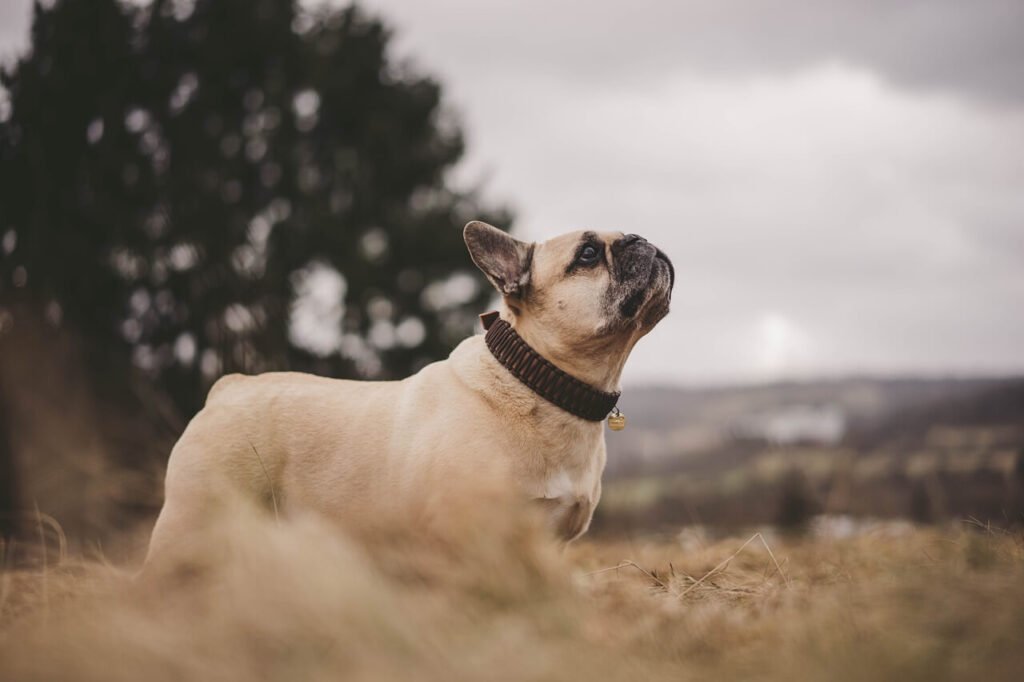
Symptoms of Avocado Ingestion in Dogs | What to Do If You Notice These Symptoms |
|---|---|
Vomiting or diarrhea | Withhold food temporarily and offer water |
Lethargy or weakness | Contact your veterinarian immediately |
Difficulty breathing | Seek emergency veterinary care |
Abdominal pain or bloating | Avoid feeding fatty foods and monitor |
Signs of choking or gagging | Perform the Heimlich maneuver if trained |
Signs Your Dog May Be Experiencing Avocado Toxicity
While most dogs can tolerate small amounts of avocado flesh, excessive consumption or ingestion of the pit or skin can lead to toxicity. Watch for these warning signs if your dog has eaten avocado:
Vomiting or diarrhea, often accompanied by abdominal discomfort.
Lethargy or unusual fatigue, indicating possible digestive distress.
Difficulty breathing or labored panting, which could signal respiratory issues.
Swelling or bloating due to potential intestinal blockage from the pit.
Loss of appetite or refusal to eat, suggesting nausea or discomfort.
If you notice any of these symptoms, contact your veterinarian immediately. Early intervention can prevent complications and ensure your dog’s safety.
Preventing Future Incidents with Avocado
The best way to protect your dog from avocado-related risks is to prevent access to the fruit altogether. Here are some practical tips to keep your pup safe:
Store avocados securely out of your dog’s reach, such as in closed cabinets or high shelves.
Dispose of avocado pits and skins in a secure trash can that your dog cannot access.
Educate family members or housemates about the risks of feeding avocados to dogs.
Consider using baby-proof locks on cabinets where avocados or other hazardous foods are stored.
Train your dog with commands like “leave it” to discourage them from eating forbidden items.
By taking these preventive measures, you can reduce the likelihood of accidental ingestion and create a safer environment for your dog.
Healthy Snacks You Can Share with Your Dog
If you’re looking for safe and nutritious alternatives to avocado, there are plenty of dog-friendly snacks that your pup will love. These options are not only tasty but also provide essential nutrients without the risks associated with avocado. Here are some great choices:
Apples (without seeds) are a crunchy, hydrating snack rich in vitamins A and C.
Blueberries are packed with antioxidants and make an excellent low-calorie treat.
Carrots are low in calories and high in fiber, promoting healthy digestion and dental hygiene.
Plain, unsalted peanut butter (in small amounts) is a protein-rich treat most dogs adore.
Green beans are a low-calorie, nutrient-dense option that’s perfect for dogs on a diet.
By offering these alternatives, you can ensure your dog enjoys a variety of flavors while staying safe and healthy. Always introduce new foods gradually and in moderation.
Common Human Foods That Are Harmful to Dogs
While exploring safe snacks like apples or blueberries, it’s equally important to know which foods to avoid. Some human foods can be toxic or harmful to dogs, even in small amounts. Keep these items off the menu:
Chocolate contains theobromine, which is highly toxic to dogs and can cause seizures or heart problems.
Grapes and raisins can lead to kidney failure, even in tiny quantities.
Onions and garlic can damage red blood cells, leading to anemia in dogs.
Alcohol or anything containing ethanol is extremely dangerous and can be fatal.
Xylitol, a sugar substitute found in many sugar-free products, can cause severe hypoglycemia and liver failure.
By being aware of these hazards, you can ensure your dog stays safe and healthy. Always double-check before sharing any human food with your furry friend.
What to Watch For If You Suspect Poisoning
Even the most vigilant pet owners can sometimes miss when their dog gets into something they shouldn’t. Knowing the signs of toxicity can save precious time in seeking treatment. Here are symptoms to watch for if you suspect your dog has eaten something harmful:
Vomiting or diarrhea, often accompanied by lethargy or weakness.
Excessive drooling or foaming at the mouth, indicating oral irritation or nausea.
Difficulty breathing or rapid panting, which could signal respiratory distress.
Seizures or tremors, suggesting neurological involvement from toxins.
Loss of appetite or refusal to drink water, signaling internal discomfort.
If you notice any of these symptoms, contact your veterinarian or an emergency animal clinic immediately. Quick action can make all the difference in preventing serious complications.
Frequently Asked Questions About Dogs and Avocados
Is avocado toxic to dogs?
Yes, avocados contain persin, which can be harmful in large quantities, though most dogs tolerate small amounts of the flesh.
What should I do if my dog eats the pit?
Monitor for signs of choking or intestinal blockage and contact your vet immediately if you notice symptoms.
Can dogs eat guacamole?
No, guacamole often contains onions, garlic, and salt, which are toxic to dogs.
How much avocado is safe for dogs?
Small amounts of the flesh may be safe, but it’s best to avoid feeding avocado altogether.
What are the signs of pancreatitis in dogs?
Symptoms include vomiting, diarrhea, abdominal pain, and lethargy after consuming fatty foods.
Final Thoughts: Keeping Your Dog Safe Around Avocado
Accidents happen, even with the most vigilant pet owners. If your dog eats avocado, staying calm and informed is the best way to handle the situation. By understanding the risks, recognizing symptoms, and taking preventive measures, you can ensure your furry friend stays healthy and happy. Remember, when in doubt, always consult your veterinarian—they’re your best resource for keeping your dog safe. With a little extra care and attention, you can continue enjoying peace of mind while sharing life’s adventures with your beloved companion.
Understanding Scabs in Dogs Ears: Best 7 Tips! Learn how to identify, treat, and prevent scabs in your dog’s ears for optimal ear health.
Is Cinnamon Bad for Dogs? Best 7 Health Tips! Discover safe ways to use cinnamon, risks to avoid, and expert advice to keep your dog healthy.
Can Dogs Get Pneumonia from Humans? Best 7 Tips! Learn how to protect your dog, understand transmission risks, and ensure their respiratory health.
Can Dog Urine Make You Sick? Best 7 Health Tips! Learn how to stay safe, prevent illness, and handle exposure to dog urine effectively.

